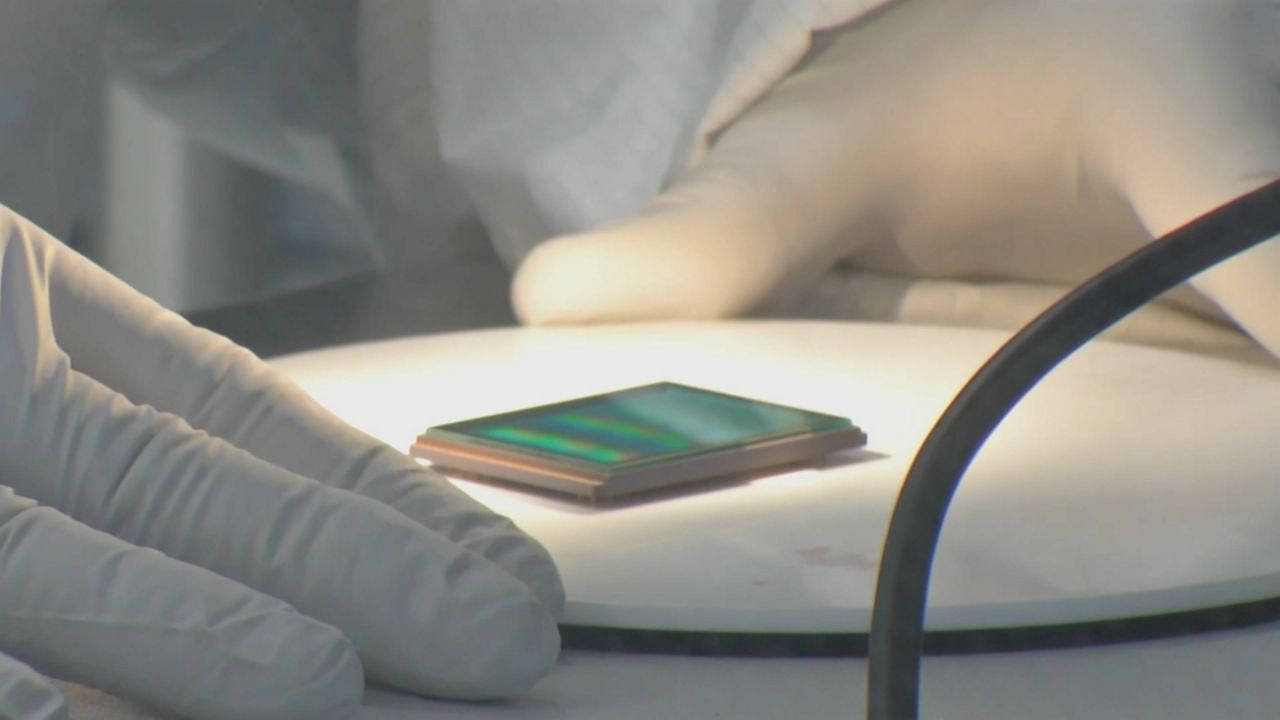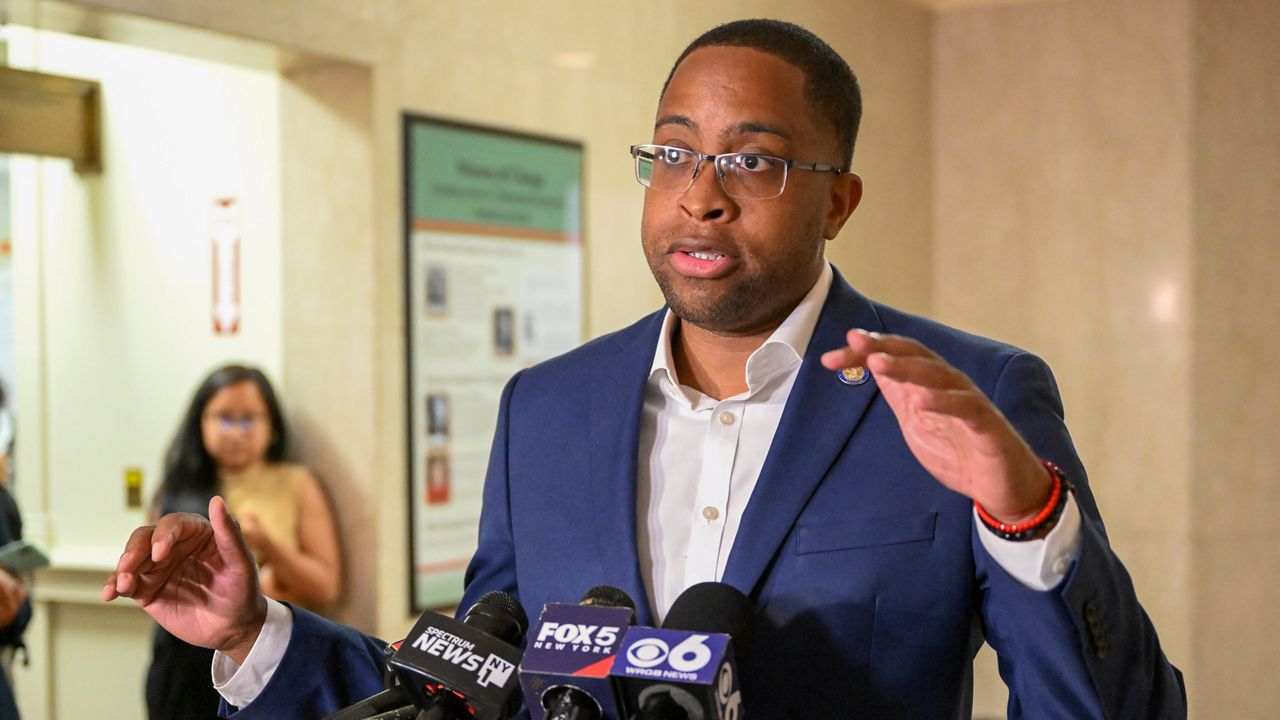The upheaval of the last two and a half years have added to the anxieties of college students — already facing a stressful time as they leave home and take their first steps into adulthood.
The COVID-19 pandemic has cast a light on the long-term effects of isolation and uncertainty. And it's made access to on-campus services at colleges vital for mental health.
"Some of them are becoming independent for the first time, some of them have had significant losses in their families because of the pandemic and now we're asking them to be successful in school," said Office of Mental Health Commissioner Ann Marie Sullivan. "They need support."
But some New York lawmakers like state Assemblywoman Deborah Glick are worried colleges and universities were not prepared for the mental health effects created by the pandemic, isolation and remote learning.
"This has excerbated and increased the number of students who are feeling depressed, experiencing anxiety," Glick said.
Assembly lawmakers on Wednesday at a public hearing considered ways of boosting mental health care programs and services for college students who may still be struggling. Officials over the last several years have sought to shore up mental health services and programs on college campuses as classes return to in-person instruction.
There's no typical college student, and that can make providing an array of programs a necessity to help those are who facing struggles.
Officials who provide support to students like SUNY Deputy Chief Operating Officer Tamara Frazier say programs like peer-to-peer counseling are available.
"We want to let them know there are resources through our mental health repository, that there's counseling centers on their campuses and it's OK to reach out and say I need help," Frazier said.
For advocates like Glenn Liebman of the Mental Health Association of New York State, one solution is to change how mental illnesses are viewed.
"If you have a physical illness and you are able to leave campus for a few months and nothing happens to you that's punitive, you don't have to drop out, the same should happen for mental health," he said.
And that will require alot of education for people on campuses — from administrators to students.
"There's got to be mental health literacy," Liebman said. "Everyone on the school campus should have basic knowledge of mental health."










